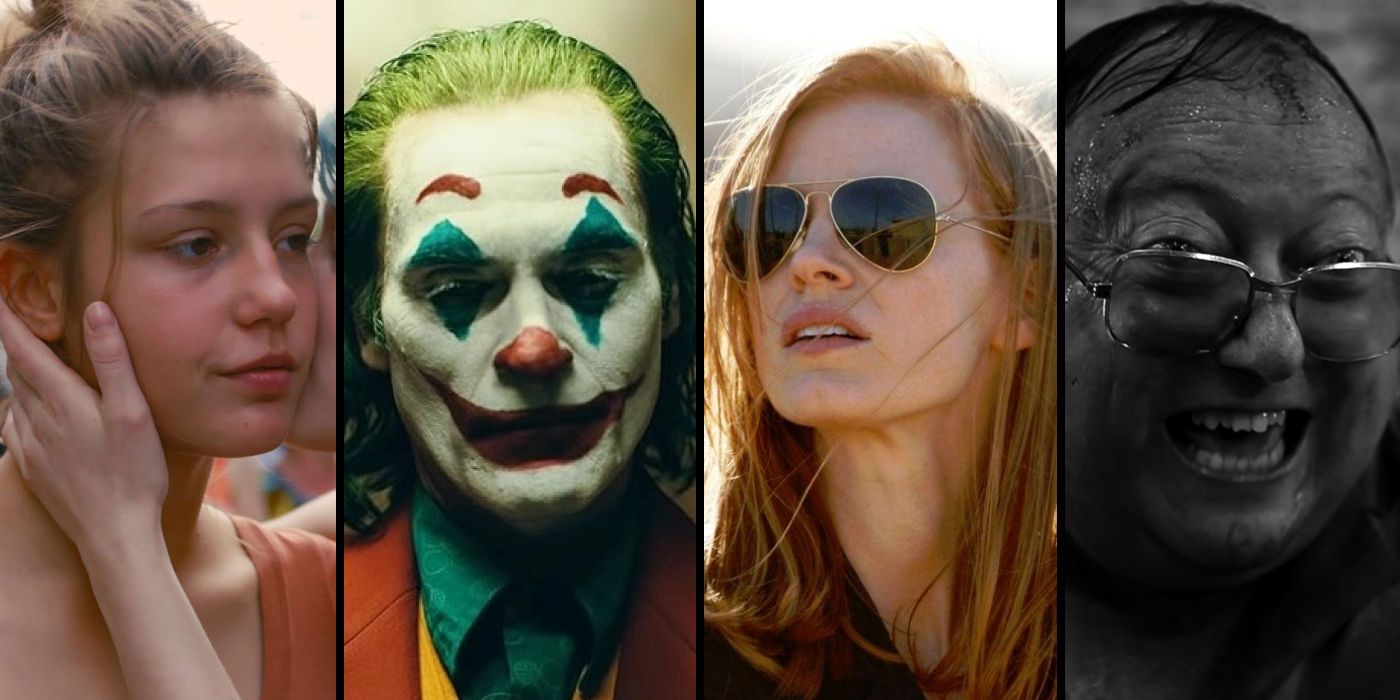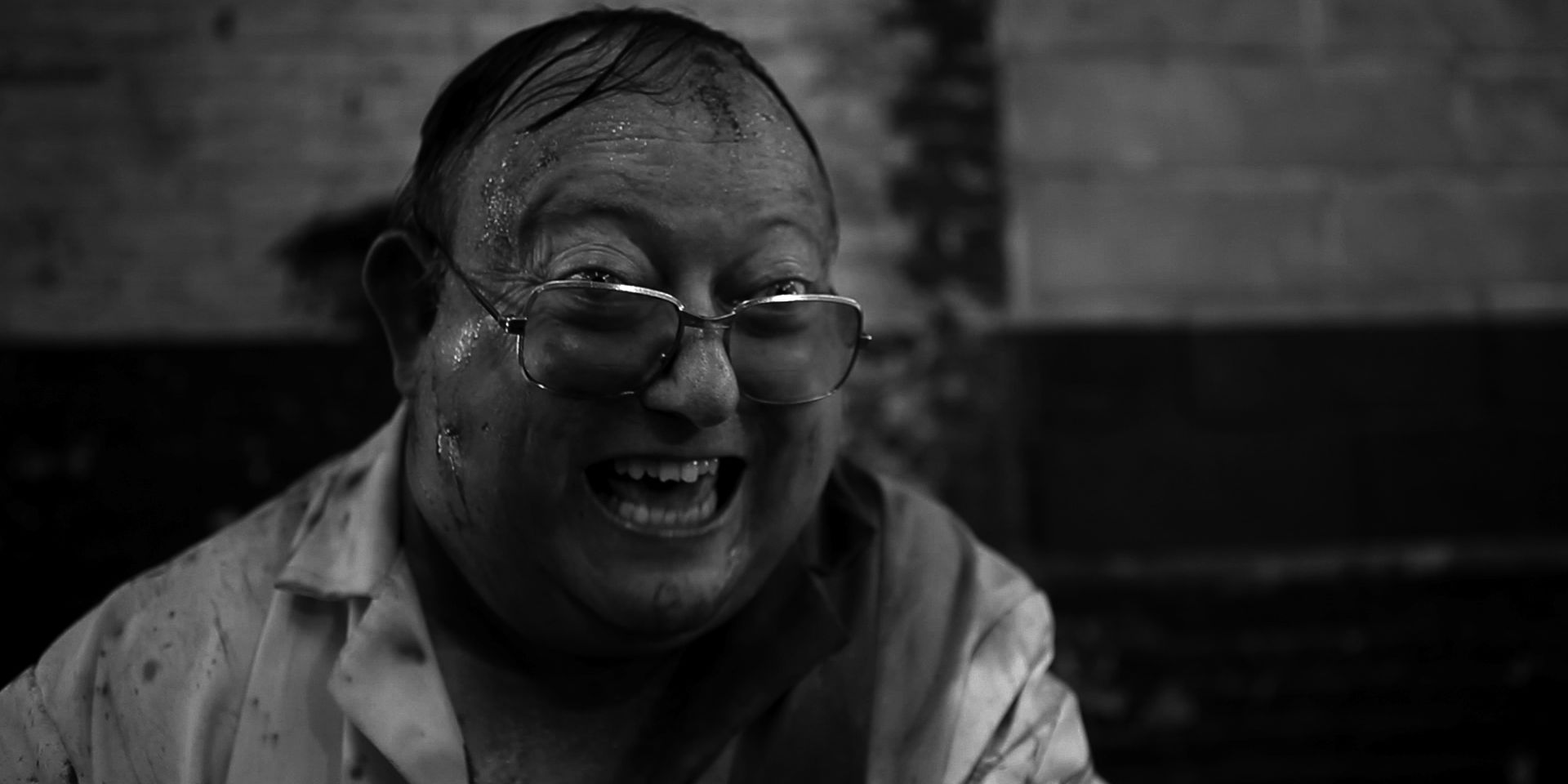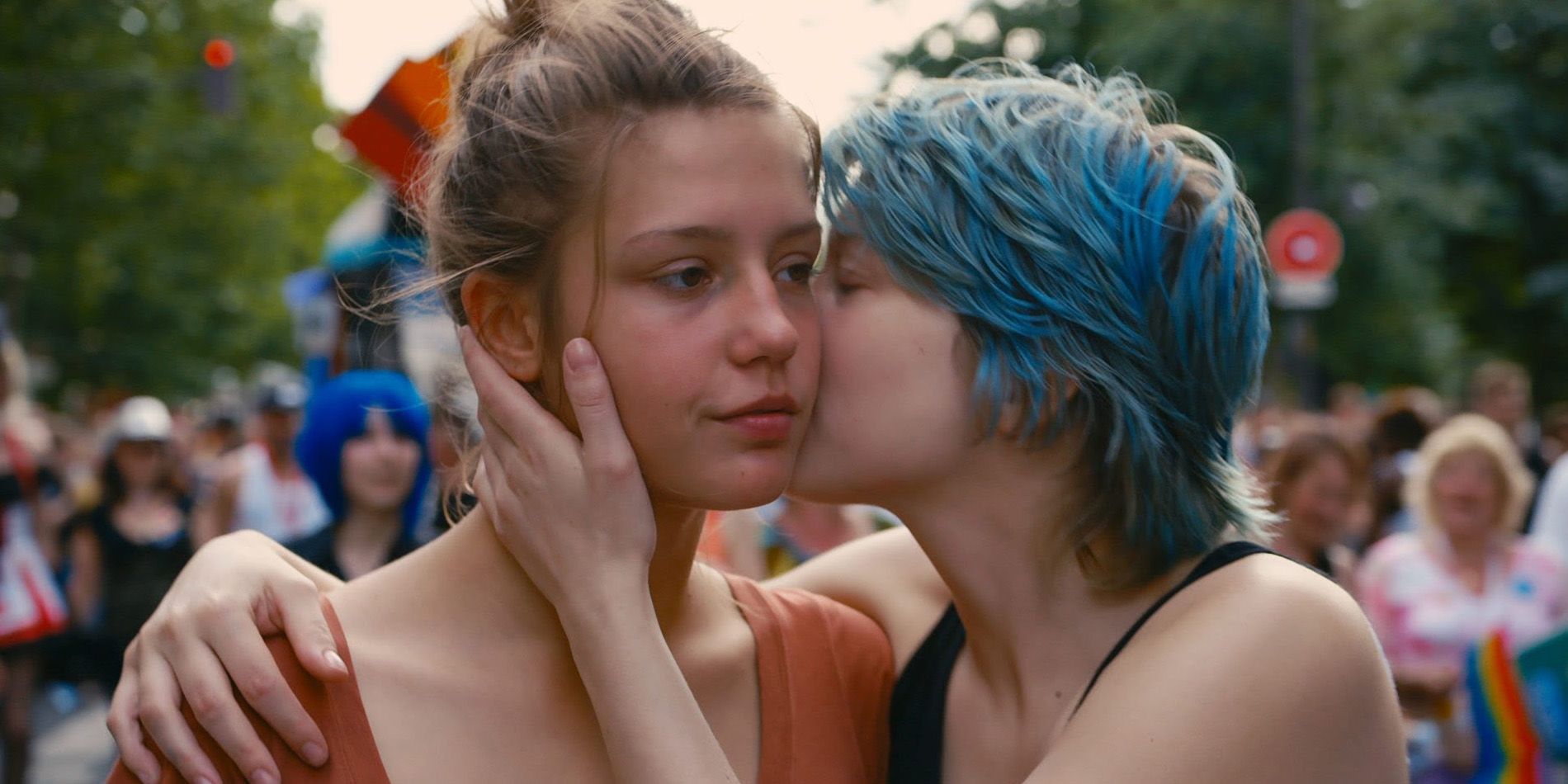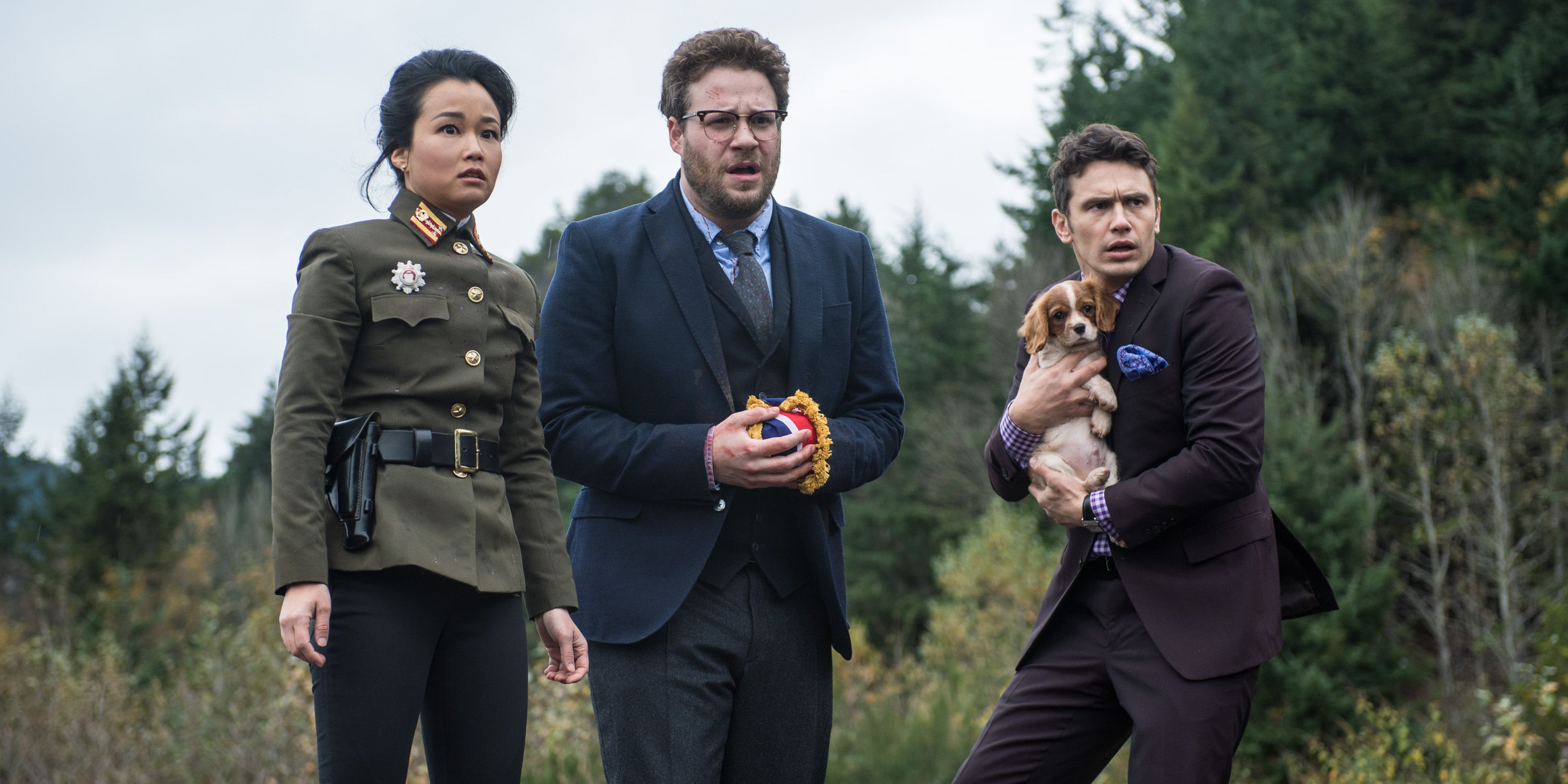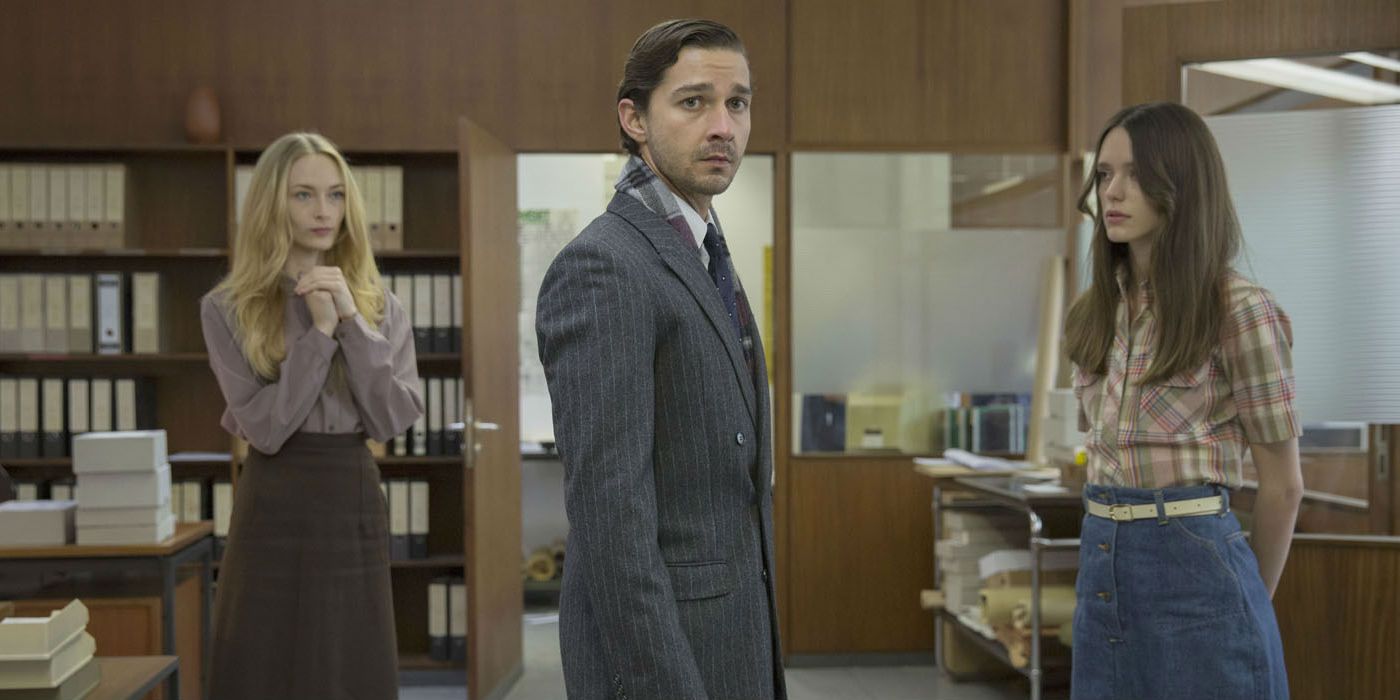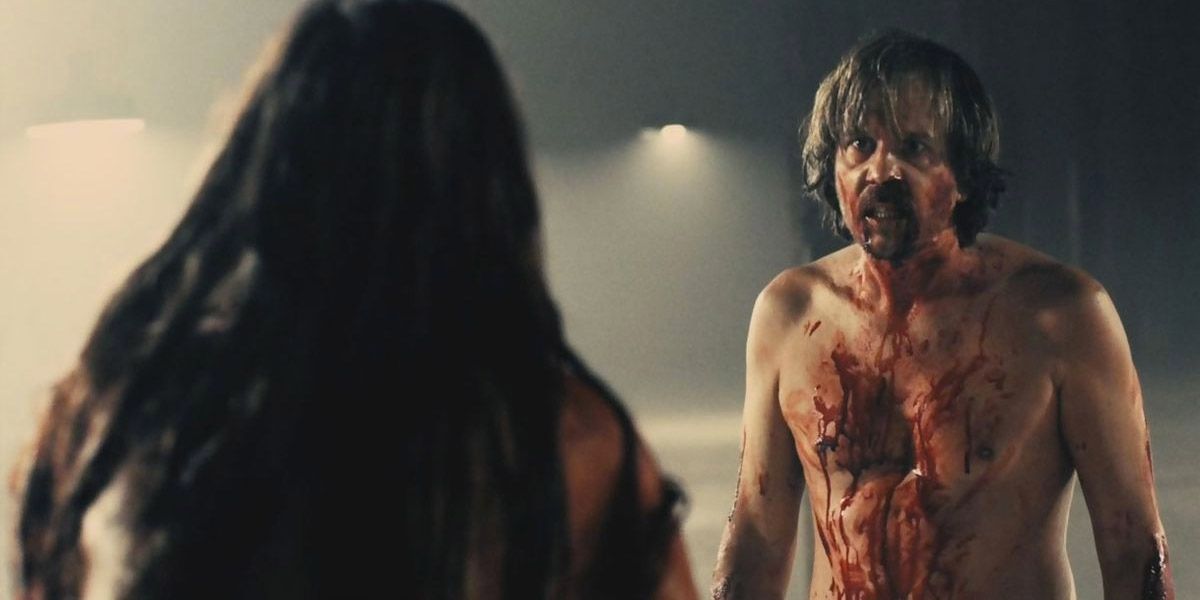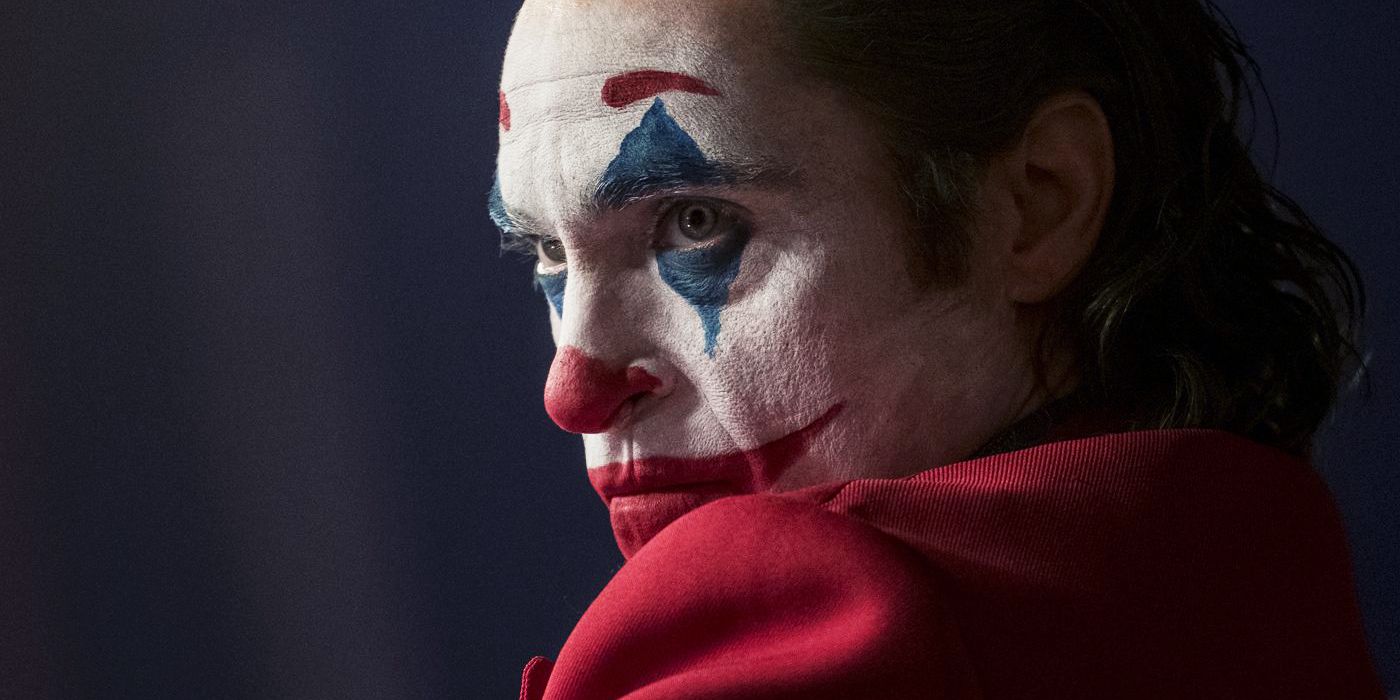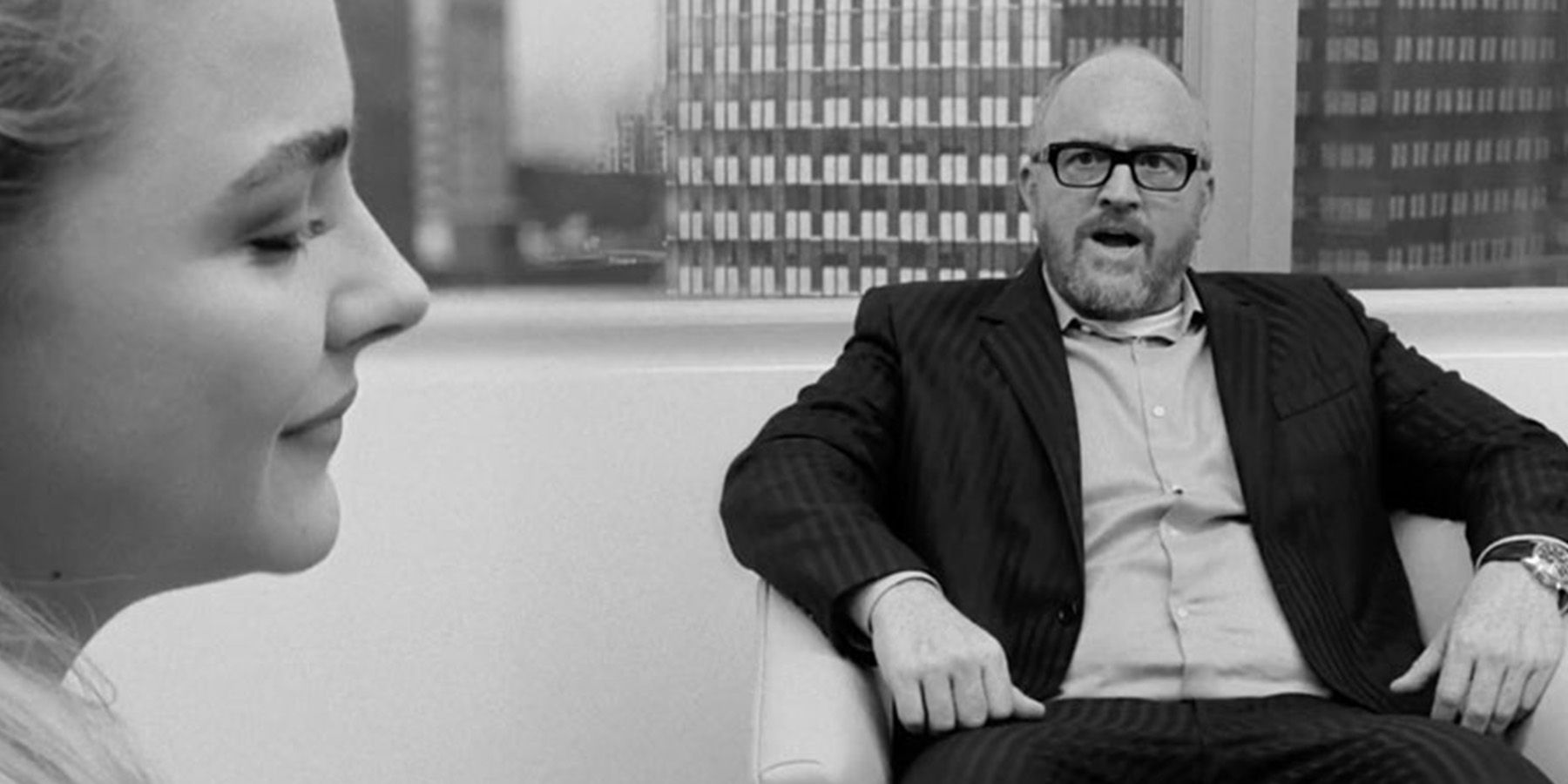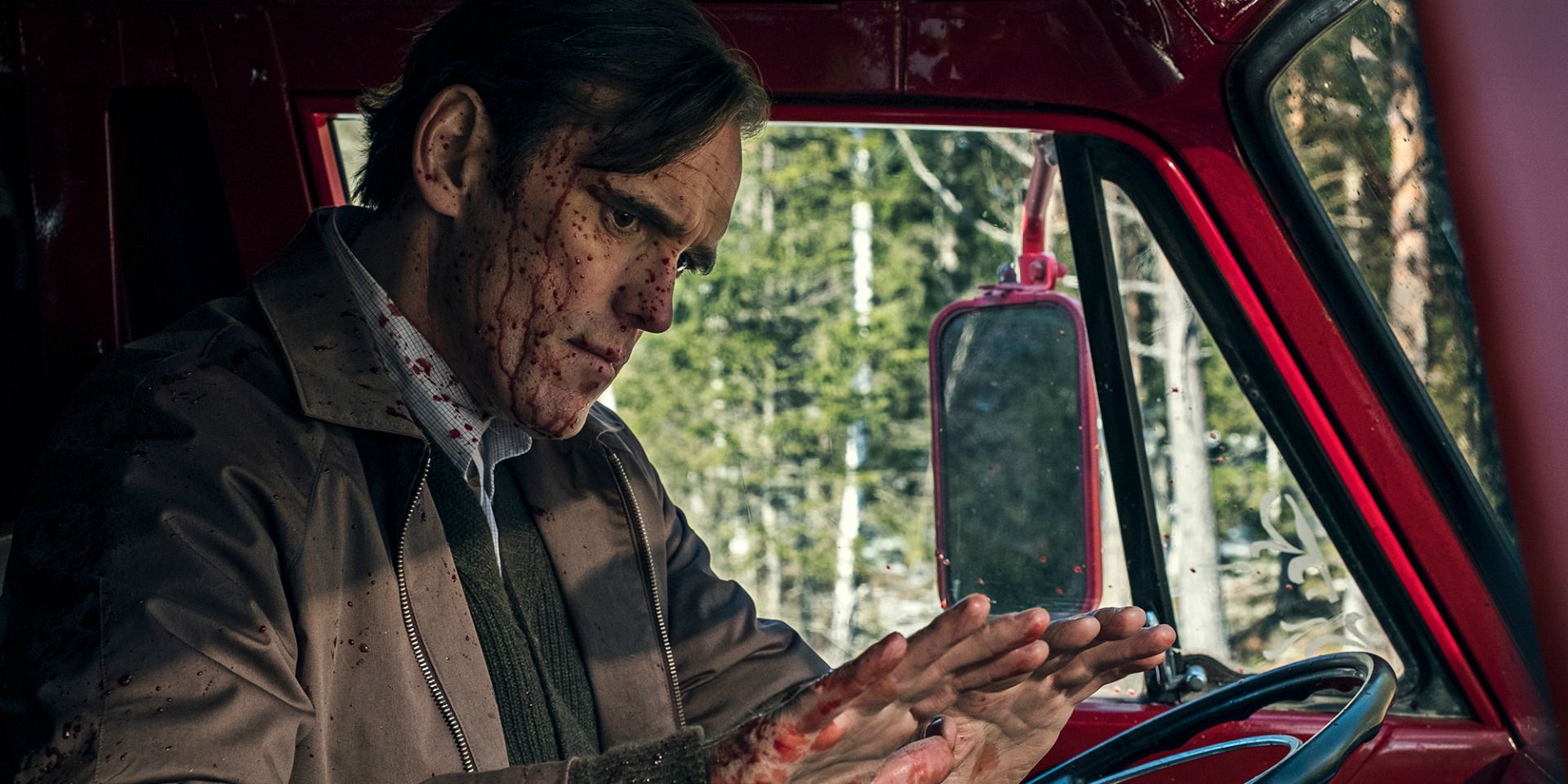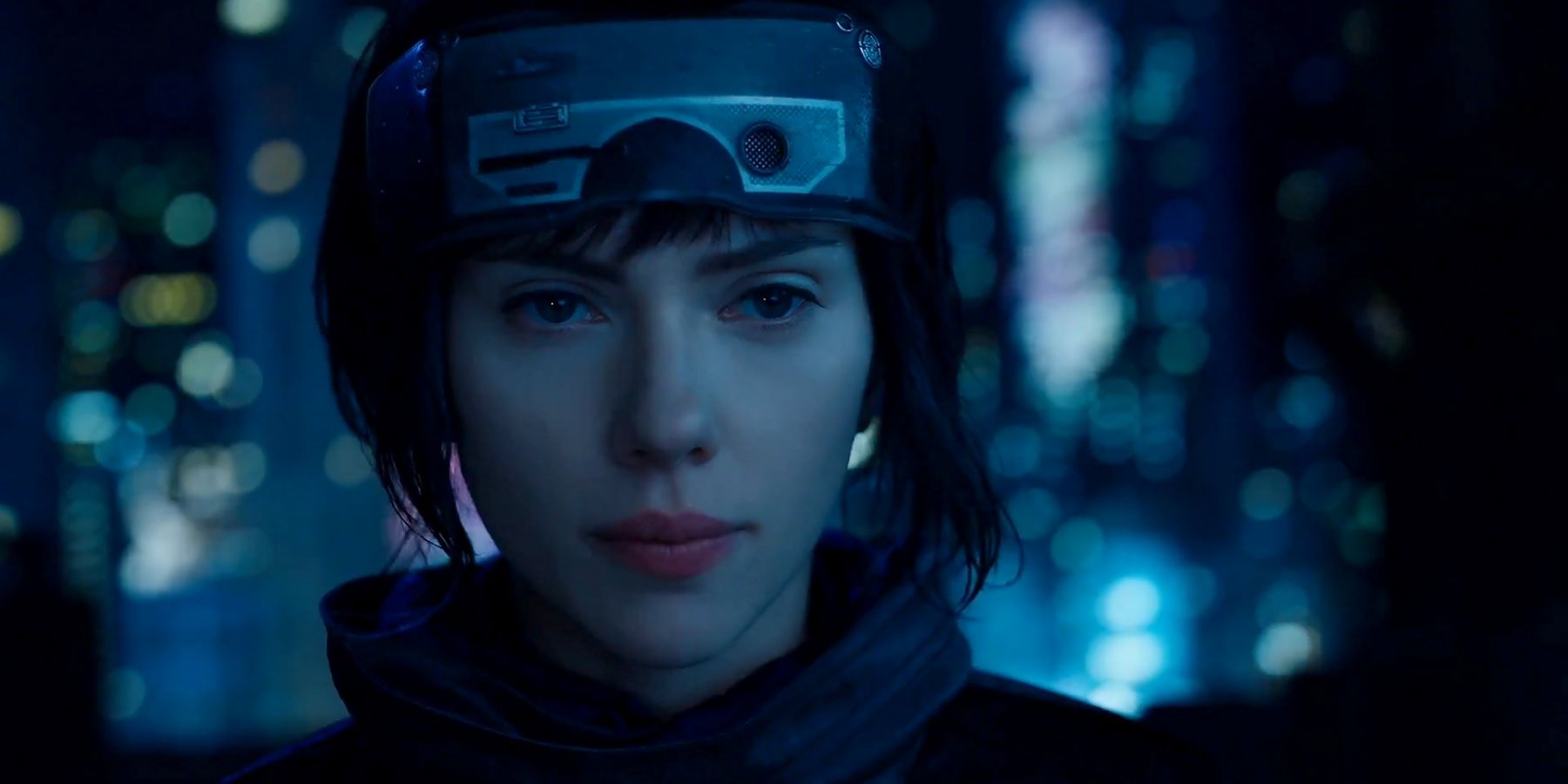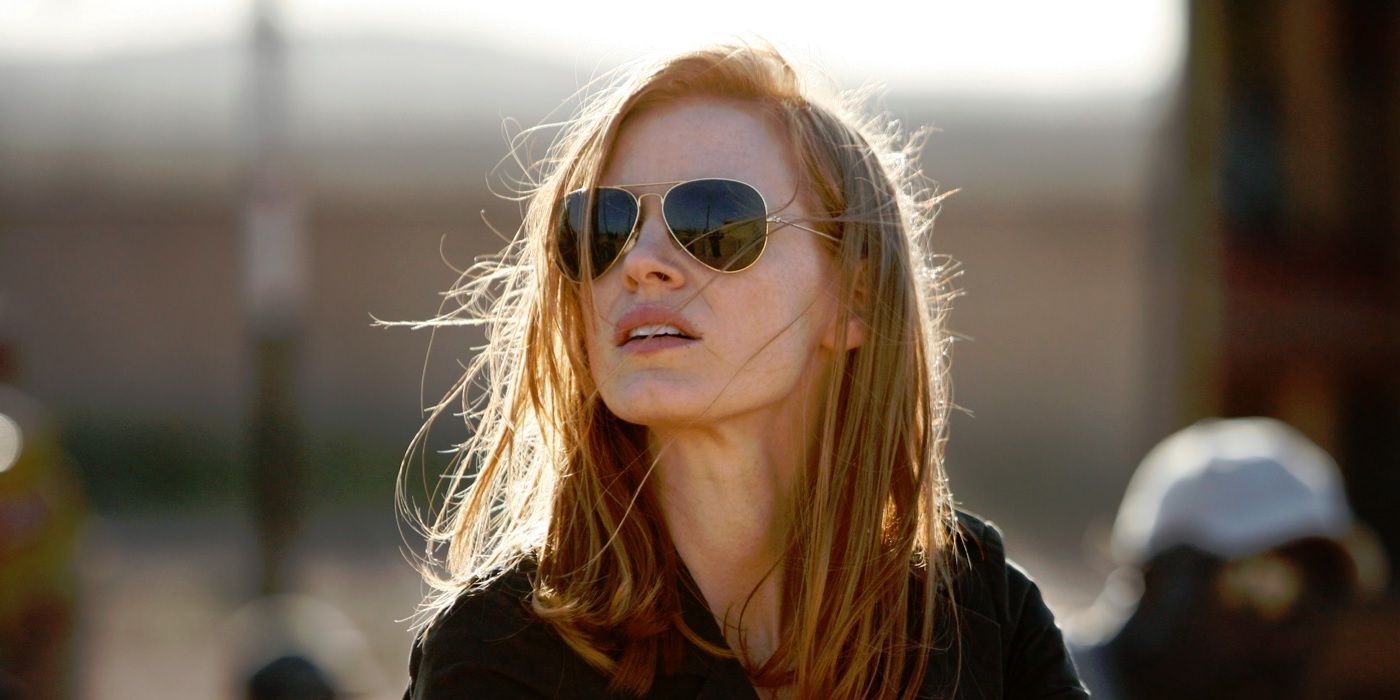There were a lot of controversial movies throughout the 2010s. Nowadays, it’s tough to make a genuinely shocking film. Audiences have seen it all and in the internet age; everything is accessible in a matter of seconds. For the most part, we’re long gone from the days of outraged religious groups organizing mass boycotts and government regulation forcing filmmakers to censor their own work in the name of decency, at least in America.
It takes a lot to get people genuinely freaked out over a mere movie. That’s not to say it doesn’t still happen now and then, but the controversies of the 2010s are a different breed from those of decades past. Cycles of outrage and bad faith anger over pop culture are depressingly common these days, but there’s a vast difference between, for example, misogynistic hate groups putting a target on Captain Marvel’s back and a film being targeted by politicians for its perceived dangerous content. Therefore, it’s important to separate the truly shocking from the more manufactured clickbait moments, although the two are inevitably intertwined at times.
To make our list of the most controversial movies of the decade, the film in question had to have been coded either as genuinely dangerous or shocking in ways that were impossible to ignore or dismiss. Some films were banned while others almost caused major international incidents and then there were those that were simply too violent and disturbing to be bypassed.
The Human Centipede 2 (Full Sequence)
By now, The Human Centipede is the stuff of internet memes. The horror movie with a concept simultaneously horrifying and relentlessly stupid could not help but grab the world’s attention, even if the finished product was standard stuff for its genre. For the sequel, however, director Tom Six decided to go darker, more brutal, and more meta. The Human Centipede 2 (Full Sequence) features a mentally impaired English man who is obsessed with the first Human Centipede movie and decides to recreate its most infamous scene in real life.
Everything in this film is designed to upset viewers, albeit in pretty uninspiring ways. The British Board of Film Classification (BBFC) responded by refusing to give the film a certificate rating, meaning it was effectively unable to release in any format in the UK. The BBFC felt that the centipede of Full Sequence existed purely as "the object of the protagonist's depraved sexual fantasy" and suggested that the movie could potentially be in breach of the Obscene Publications Act, the law that famously saw Lady Chatterley’s Lover put on trial. Tom Six seemed delighted by the controversy but also willingly cut the film in order to get an 18 certificate.
Blue is the Warmest Colour/ Mektoub, My Love: Intermezzo
French-Tunisian director Abdellatif Kechiche has always courted controversy with his films and their frank depiction of sex, but it's what happened during the filming of those scenes that makes him such a divisive figure. Blue Is the Warmest Colour, adapted from the graphic novel of the same name, debuted to rapturous reviews at the Cannes Film Festival and took home the Palme d'Or for its troubles. Its six-month production included over 800 hours of footage, with the film's stars, Léa Seydoux and Adèle Exarchopoulos, admitting that Kechiche's behavior was "horrible" (via Daily Beast).
A report from the French Audiovisual and Cinematographic Union criticized terrible working conditions for the staff, with Kechiche accused of harassment and violation of various labor laws. The director's follow-up, Mektoub, My Love, faced similar issues. The series, planned to be three movies long, features unsimulated sex and vast amounts of nudity. A report from French publication Midi Libre (via IndieWire) included accusations from a person close to the production of Mektoub, My Love: Intermezzo that said sex scene was something forced onto the actors. "Kechiche absolutely wanted a non-simulated sex scene, something the actors didn’t want to do. But by the way of insistence, and over time and with alcohol being regularly consumed, he managed to get what he wanted.”
The Interview
It’s not often that films are so controversial that they lead to potential worldwide political crises, but that was the situation that Seth Rogen and James Franco found themselves in with The Interview, a comedy about two journalists who are tasked with assassinating North Korean leader Kim Jong-un. In June 2014, the North Korean government threatened action against the United States if Sony released the film. The now-infamous Sony hack happened shortly afterward, which a group the FBI claimed has ties to North Korea took credit for. They also threatened terrorist attacks against any theater that showed the movie, which scared a number of venues and chains from releasing it, and eventually, Sony gave it a mere limited release.
It's still unclear to the general public who actually committed the Sony hack that revealed all manner of embarrassing details about the company, but the panic incited by The Interview was enough to keep Hollywood on edge for a few months. Even then-President Barack Obama said that he felt Sony shouldn't have caved to dictatorial pressure from North Korea. You can now buy The Interview on a digital release or watch it on Netflix, and after seeing the final products, it's a bit hilarious that such a so-so piece of work was the subject of such fear and controversy.
Nymphomaniac: Vol. I and II
Lars von Trier's Nymphomaniac is a two-part drama (which runs 325 minutes in the director's cut) that features some of European cinema's most familiar faces - Charlotte Gainsbourg, Stellan Skarsgård, Willem Dafoe Udo Kier - and some mainstream favorites - Uma Thurman, Jamie Bell, Shia LaBeouf - together in a movie that does exactly what the title implies. Gainsbourg plays a self-diagnosed sex addict who shares the story of her many nights of passion, good and bad, with an array of figures.
While rumors emerged that von Trier wished for the actors to engage in unstimulated sex for the purposes of the film, the sex scenes were actually put together using digital compositing to superimpose the genitals of pornographic film actors onto the bodies of the film's actors. Even in 2019, sex on-screen is a taboo that most of the film industry has trouble tackling in a realistic manner, so, of course, von Trier had to ensure nobody could ignore his take on the topic with Nymphomaniac.
The Birth of a Nation
At the 2016 Sundance Film Festival, actor Nate Parker premiered his directorial debut, The Birth of a Nation. From the title alone, it was clear that this film would get tongues wagging, and the period drama quickly became a highlight of the festival. Fox Searchlight eventually bought worldwide rights to the film for $17.5 million, the largest deal at the film festival to date, and it seemed like Parker's take on the story of the Nat Turner slave rebellion would lead him to new levels of Hollywood prestige. It quickly emerged, however, that Parker and his co-writer Jean McGianni Celestin had been accused of rape in 1999, an event that attracted significant press coverage at the time.
Parker was acquitted and Celestin was not retried after his conviction was overturned on appeal, but that did little to quash the growing anger. Parker tried to get ahead of the game through a carefully managed non-apology tour to promote The Birth of a Nation, but once it was revealed that the accuser had died by suicide in 2012, most people didn't want to hear it. The film made $16.8 million worldwide and, while it had its defenders (including, ironically enough, Harvey Weinstein), it was dead in the water. The film itself wasn't as controversial as Parker himself, although many critics did note how much it felt like the ego project of its writer-director, who also starred in the leading role. Still, at a time when the #MeToo movement had not yet broken through, the fallout from The Birth of a Nation revealed how Hollywood's fishbowl memory regarding sexual assault played out in the real world.
A Serbian Film
Around the time Srđan Spasojević's 2010 exploitation horror A Serbian Film started making its way around the art movie and festival circuit, stories spread across the internet like wildfire over its shocking and disturbing content. For once, this was a movie that managed to live up to those "expectations". A Serbian Film centered on a struggling porn star who agrees to star in an "art movie" for the cash, only to discover he has signed up for a snuff film and is forced to commit a series of depraved acts.
This is a movie that includes rape, necrophilia, pedophilia, vast amounts of mutilation, and one especially upsetting moment described as "newborn porn". While the director insists that the film is a satire of Serbia's long and violent political history as well as what he describes as "the fascism of political correctness", most audiences struggled to get over the aggressively nasty nature of its content. The film was set to screen at FrightFest in London in 2010 but pulled by the organizers following the intervention of Westminster Council. It was even banned in several countries, including New Zealand and parts of Australia.
Joker
With the film still playing in theaters, having grossed over a billion dollars worldwide, and being the most profitable comic book movie of all time, it feels like we’re still living in the shadow of the Joker controversy. Granted, this was always a movie that was intended to provoke strong reactions from audiences and critics alike. How could it not when it involved Todd Phillips, the guy who directed The Hangover trilogy, taking one of the most iconic villains in pop culture history and reimagining him as a Scorsese-esque tragic figure in a world devoid of superhero flair?
Joker was an experiment that wildly surpassed the expectations of Warner Bros., taking home the Golden Lion at the Venice Film Festival and becoming one of the frontrunners for the 2020 Oscars. Surrounding that are all the arguments over its supposedly dangerous subject matter, with some critics worrying its depiction of a mentally ill and violent man overtly romanticized his plight. Police officers were on-call for the premiere as well as various screenings and fears of gunmen copycats seemed to spring up everywhere. Ultimately, while many of those worries were overblown, if understandable, the controversy seemed to only fuel Joker’s success further.
The Hunt
It's easy to forget, given how busy and crowded with controversy 2019 has been, but only a few months ago, a major movie was pulled from release after President Donald Trump criticized it and tried to connect its existence to a series of mass shootings. The Hunt, a Blumhouse production courtesy of Damon Lindelof and Craig Zobel, is loosely inspired by the iconic short story The Most Dangerous Game, where a group of strangers wake up in a strange location and discover they are to be hunted.
The elite hunters’ reference their prey as "deplorables" at one point, an obvious call-back to a term used by Hillary Clinton to describe Donald Trump's supporters during the 2016 Presidential election. In the wake of the Dayton and El Paso mass shootings, Trump took to Twitter to claim that “liberal Hollywood” was racist “at the highest level” and alluded to The Hunt as proof that the film industry made work “in order to inflame and cause chaos.” Several days later, Universal made the decision to pull the film from their release schedule. It remains shocking and a great concern that the highest power in the land can use a movie as a political shield and lead to such consequences of censorship.
I Love You, Daddy
For many years, comedian Louis C.K. had carved a niche for himself as an auteur comic, one whose television series Louie pushed the boundaries and delighted critics everywhere. When it was initially announced that he had directed a film that seemed to evoke Woody Allen, a director he previously worked with, audiences were intrigued and concerned. Was Louis C.K. really the right guy to take that topic on given all the rumors about him that were essentially the comedy world's biggest open secret? How does a man with so much whispering around him take on a story of a celebrated older director with a love of very young women and get away with it?
It didn't seem to matter when the film premiered at the 2017 Toronto International Film Festival and was picked up for release by The Orchard. A week before its scheduled release, a report revealed the extent of those much-talked-about sexual misconduct allegations made against C.K. In I Love You, Daddy, there is a scene where Charlie Day's character loudly simulates masturbation in a meeting, which felt more awkward than ever given that C.K. was accused of cornering women and forcing them to watch him do the same thing for real. I Love You, Daddy sat on the shelf at The Orchard until C.K. allegedly bought the distribution rights back.
The House That Jack Built
When Lars von Trier returned to the Cannes Film Festival in 2018 after a seven-year absence, the industry wondered if he would show any penance over controversial comments he made about Hitler while promoting Melancholia at the event. That never happened and von Trier seemed determined to show how his ability to shock and appall hadn't lessened in the slightest. His most recent offering, The House That Jack Built, was unnerving even by his high standards.
The story follows Jack, a serial killer played by Matt Dillon and the series of violent crimes he commits over twelve years. Suffice to say, this is not an easy viewing experience. Women and children are slaughtered and mutilated in unflinching fashion and practically goads the audience into being disgusted by what is on-screen. When it premiered at Cannes, it was reported that more than a hundred audience members walked out of its first screening, but that was also followed by a ten-minute standing ovation, which may be the best exemplification of how sharply divided the responses were to The House That Jack Built.
Ghost in the Shell/Exodus: Gods and Kings
Whitewashing and blackface have been a major part of Hollywood since the very beginnings of the film industry. It’s a shameful tradition that has carried through cinema for decades, even as audiences have grown more aware of its obvious racism and the push for on-screen diversity became impossible for the industry to ignore. We could probably fill an entire list of whitewashing and misguided castings of the decade, be it the continued issues of casting cis men as trans women in films like The Danish Girl or Dallas Buyers Club or the systemic erasure of people of color from film on a grand scale. Two major blockbusters, however, came to symbolize Hollywood’s desperation to hold onto the old ways and how audiences uniformly rejected them.
Ridley Scott took on the Old Testament with Exodus: Gods and Kings, casting a majority white ensemble for a story that took place in northern Africa. The director tried to justify this decision by pointing to the need to have big stars at the forefront and the apparent lack of men of color to fill such roles, but audiences weren’t having it. They weren’t enthused about Ghost in the Shell either, yet another Hollywood effort to adapt anime for the big-screen while uniformly stripping the source material of its distinctly Japanese roots. Scarlett Johansson took on the role of Major Motoko Kusanagi, with the twist being that she was indeed an Asian woman put into the cybernetic body of a white woman. If this was an attempt to subvert criticisms of whitewashing, it failed miserably and only further highlighted what audiences really wanted. To nobody’s surprise, neither Exodus nor Ghost in the Shell performed well at the box office.
Zero Dark Thirty
Kathryn Bigelow has never been a director to shy away from controversial material, and following her historic Best Director Oscar win for The Hurt Locker, she decided to take on the story of the decade-long manhunt for Osama Bin Laden. Zero Dark Thirty had the distinct honor of being in the early stages of pre-production when Bin Laden was tracked down and killed. While the film was well-received and nominated for several Oscars, the political fallout was dramatic. Many accused it of being propaganda for the military, while various Republican congressmen claimed the movie had improperly accessed and used classified information relating to the raid.
Various journalists also said the film took a pro-torture stance, with Glenn Greenwald calling it "pernicious propaganda" for how it seemed to treat the use of waterboarding as a necessary part of the successful capture of Bin Laden. Arguments persist to this day as to whether the film is indeed pro- or anti-torture, with the screenwriter Mark Bowden arguing it is neither. Whatever the case, Zero Dark Thirty as a whole felt extremely raw to an American public still dealing with the trauma of 9/11 a decade prior and dealing with the fallout from Bin Laden's capture, which had occurred only a few months prior. For some, Zero Dark Thirty was simply too soon.

